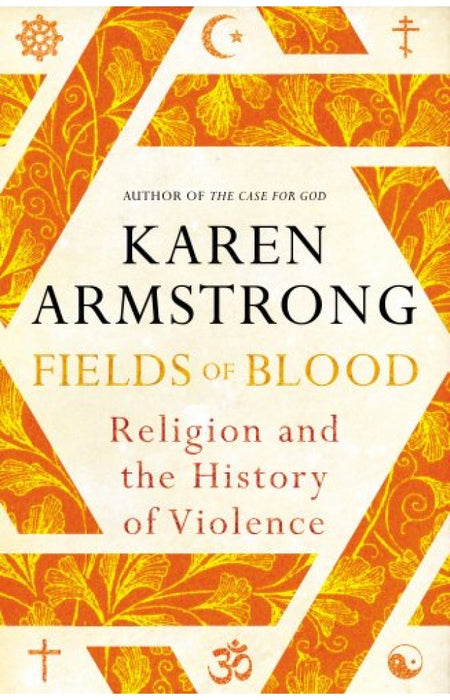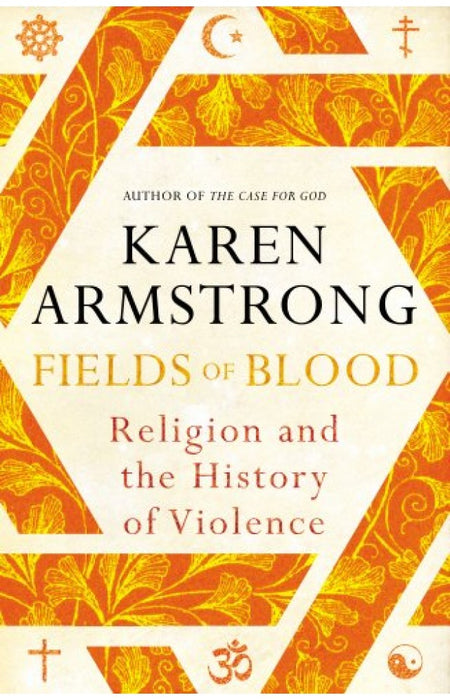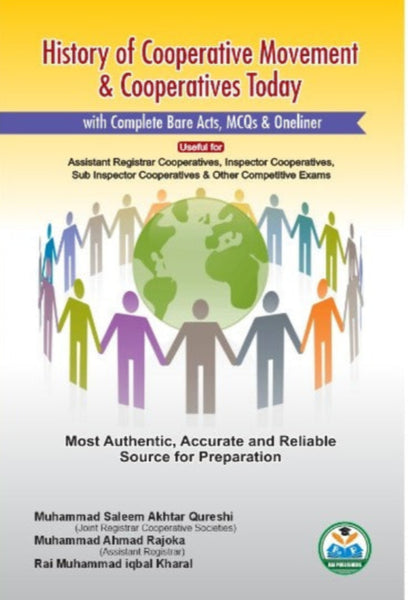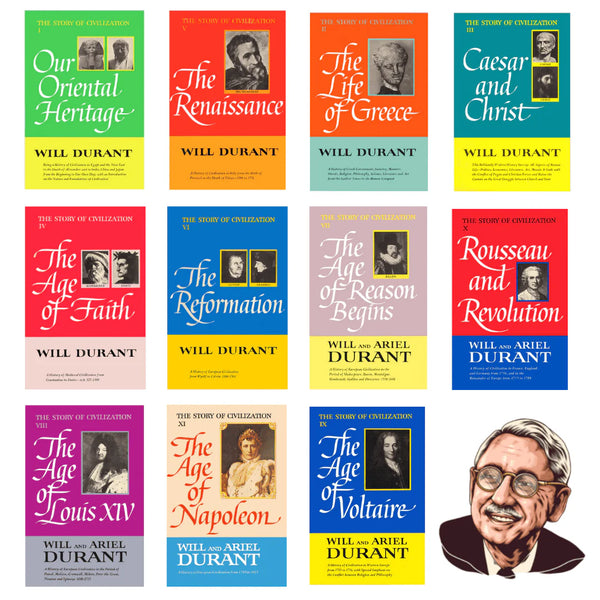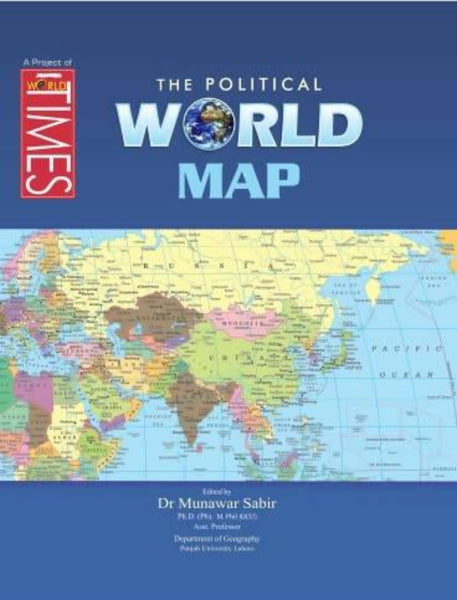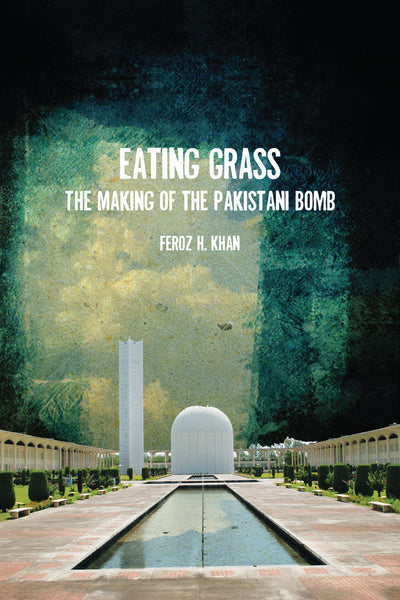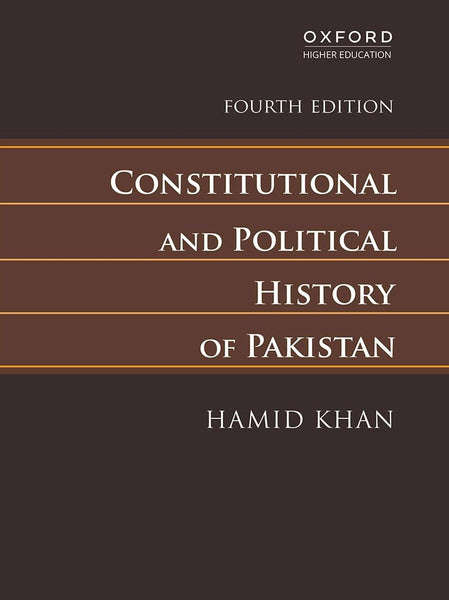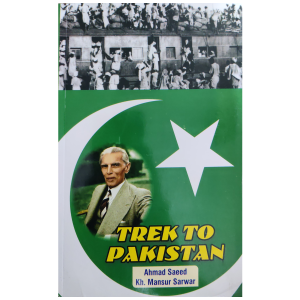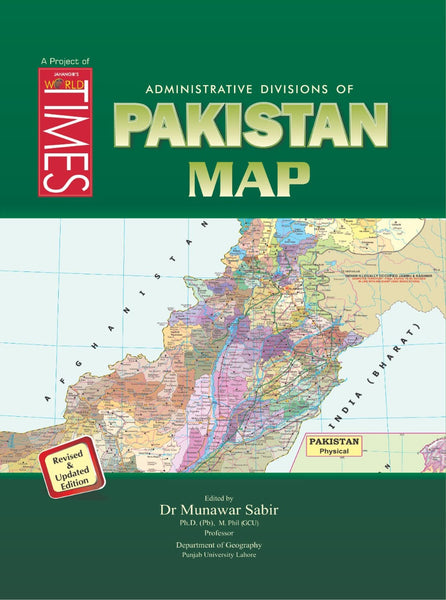Fields of Blood: Religion and the History of Violence by Karen Armstrong (Author)
- Publisher: ENGLISH GENERAL BOOKS
- Availability: In Stock
- SKU: 59138
Rs.360.00
Rs.495.00
Tags: best books , Best Price , Best Selling Books , Colonialism and Religion , Crusades and Jihad , Cultural Conflict , Faith and Conflict , Faith and Human Nature , Faith and War , Fields of Blood , Fields of Blood by Karen Armstrong , Historical Violence , History of Religion , Holy Wars , Impact of Religion on Society , Interfaith Conflict , Karen Armstrong , ONLINE BOOKS , Online Bookshop , Peace and Religion , Political Power and Religion , Political Violence , Religion and Politics , Religion and Power , Religion and Violence , Religious Extremism , Religious Fanaticism , Religious History , Religious Identity , Religious Influence on Society , Religious Intolerance , Religious Justification for War , Religious Movements , Religious Reformation , Religious Wars , Role of Religion in History , Sacred Violence , Secularism vs Religion , Theology and Conflict , Violence in the Name of Faith
Fields of Blood: Religion and the History of Violence
Author: Karen Armstrong
Introduction
Fields of Blood: Religion and the History of Violence by Karen Armstrong explores the complex relationship between religion and violence throughout human history. Armstrong challenges the widespread belief that religion is inherently violent, arguing that political and economic factors often play a larger role in conflict than religious doctrine. She traces the history of warfare and violence from ancient civilizations to the modern era, examining how religion has been intertwined with power, empire, and societal structure. The book provides a nuanced perspective on how religious beliefs have been used to justify violence and how, at times, they have also served as a force for peace and social cohesion.
Key Points
-
Historical Context of Violence and Religion
- Armstrong examines ancient civilizations such as Mesopotamia, Egypt, and Israel, showing how early religious practices were closely linked with political and military structures.
-
The Role of Empire and Power
- The book explores how empires, including the Roman and Islamic Caliphates, used religion to unify and control diverse populations, sometimes leading to violence in the process.
-
The Crusades and Religious Warfare
- Armstrong analyzes how religious justification for violence emerged during events like the Crusades, where political and territorial ambitions were masked as religious duties.
-
Colonialism and Modern Conflicts
- The author argues that colonialism and the rise of the nation-state played a significant role in fueling religious conflict, with religion often becoming a tool for political dominance.
-
Religion as a Force for Peace
- Despite its association with conflict, Armstrong highlights instances where religious movements have promoted peace, nonviolence, and social justice.
Why Read This Book
This book is essential for understanding the historical and political dimensions of religious violence. Armstrong’s thorough research and balanced analysis challenge simplistic narratives about religion and violence, encouraging readers to think critically about the role of faith in both conflict and reconciliation.
Conclusion
Fields of Blood: Religion and the History of Violence by Karen Armstrong provides a thought-provoking examination of how religion has been implicated in both conflict and peace. By exploring the political, economic, and social forces behind religious violence, Armstrong offers a deeper understanding of the complex relationship between faith and power.

